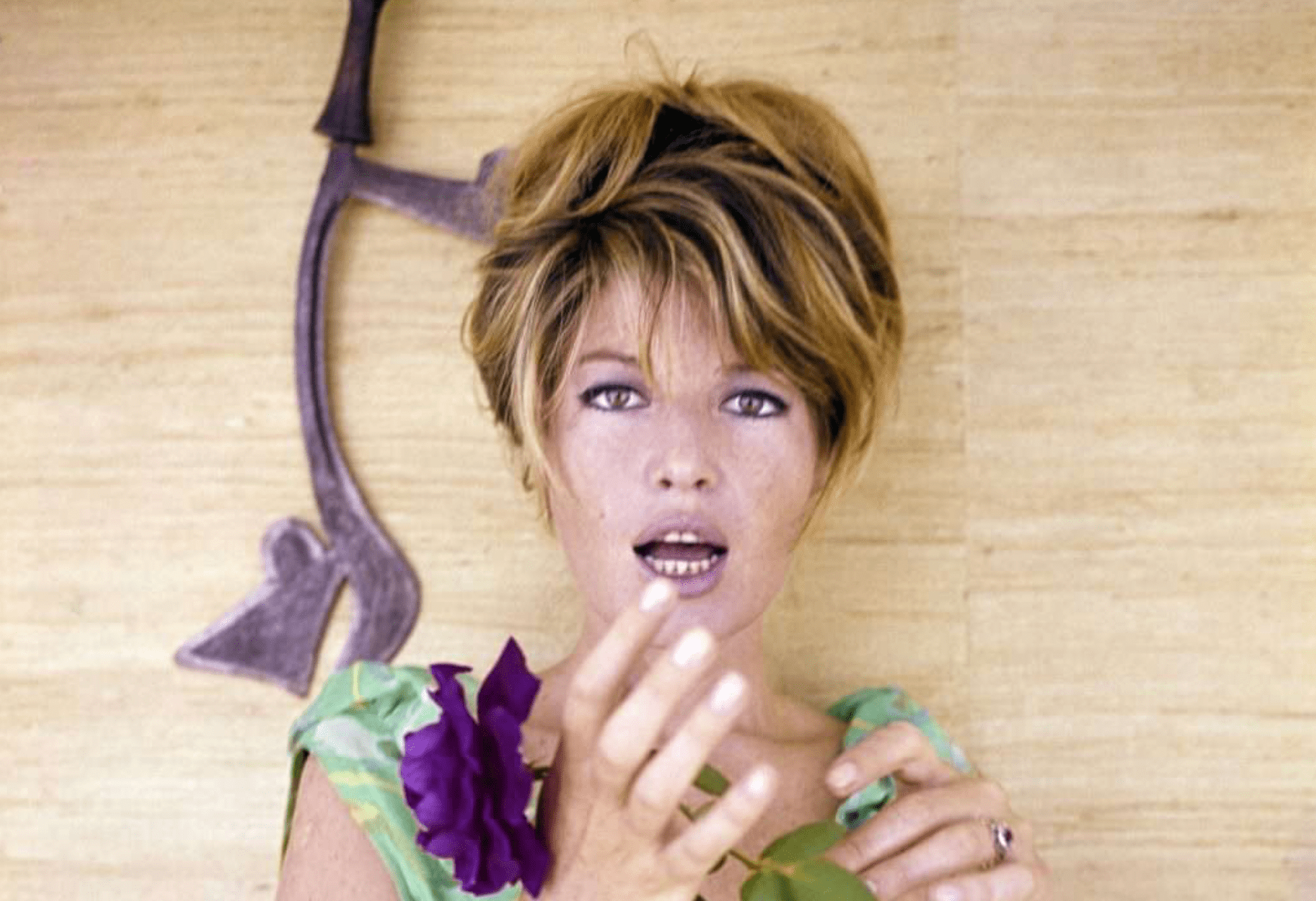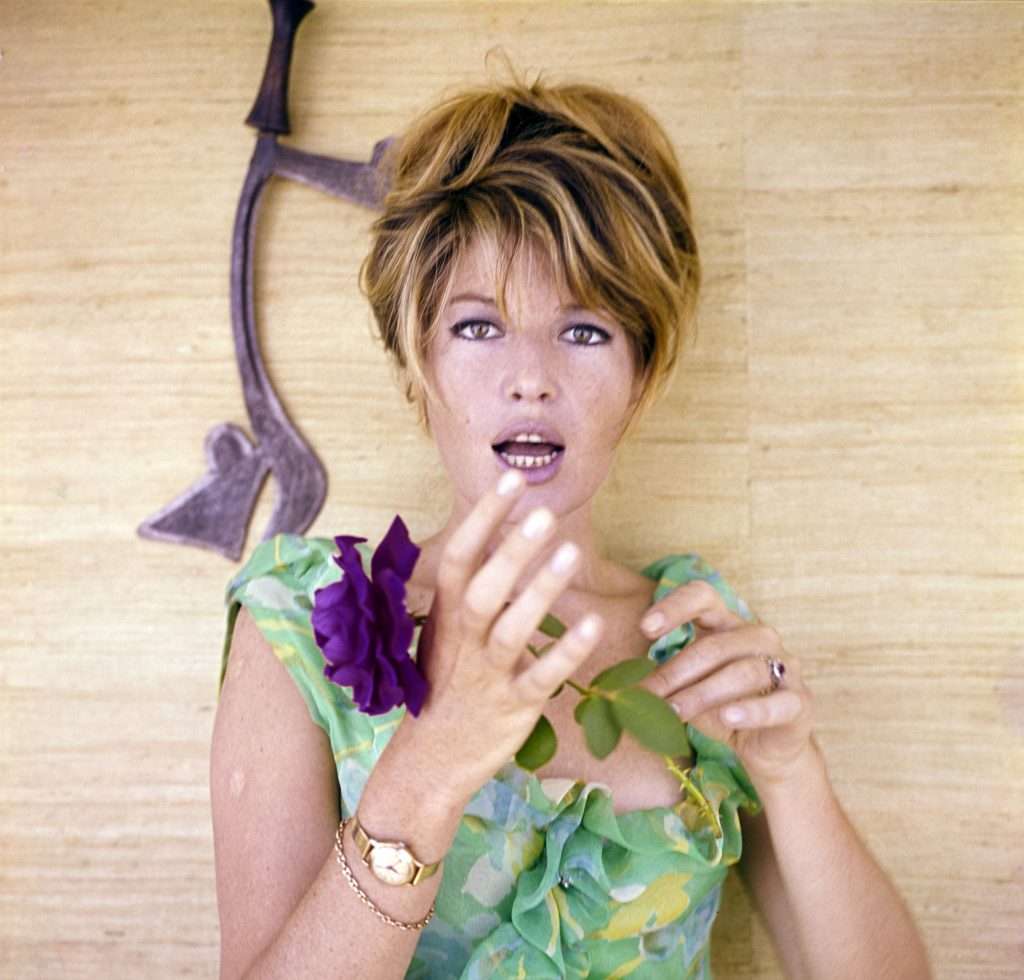

The following is a conversation between the iconic Italian actress Monica Vitti and the writer—our Rome correspondent—Alain Elkann. It is reprinted here following her death, as her memory is recounted; as we try to understand the person behind those mysterious and sober eyes, and her immensely influential talent. This is Monica Vitti: actress, artist, woman.
First published in La Stampa, 19 April 1993
Do you feel more like an actress or a director?
Actress, absolutely. Also because it’s a different type of work. Secret Scandal was something all mine, and so I directed it. But that’s not my job. I only want to act.
What are the most important films for you?
Most definitely the Antonioni films and then the comedies, like, for example, The Girl with the Pistol. Making people laugh is a wonderful thing. Discovering how to make people laugh is like discovering you are the king’s daughter.
What do you think about the new Italian cinema?
I think very positively of it. What’s new in Italian cinema is that it doesn’t seem like any other kind of cinema. It’s a new wave, a different way to tell stories, and I like it quite a lot. The actors are good. Today there’s acceptance even for those who don’t have a good voice. The big directors used to dub everything. Now they no longer do.
Would you work with the new directors?
Yes, they are extraordinary. I’ve just seen Archibugi’s new film, and I think she’s very good. But there’s a whole group of good ones. They seem lighter, less tied to the traditional rules.
Are there new divas?
Perhaps there are no divas, but that’s an advantage. There are so many very good young actresses—Margherita Buy and Valeria Golino. I personally have never been a diva. I’ve never been dubbed. That’s what is new today. You no longer dub.
What attracted you the most to Antonioni?
We met during dubbing. I dubbed The Cry. I am Roman, and I had come from the Academy and the theatre with Tofano who had been my professor. Tofano was a genius, and he didn’t have old ways of thinking about things. I was blonde then, too thin, and different from the rest. I struck up a friendship with Antonioni that then turned into love. He’s such a personal man. His way of seeing things is singular, unique. We worked together, and then we fell in love.
Do you think actors should take on politics?
It’s not an obligation. If one wants to, he should. You need to feel the necessity. You need to know politics. But to really take it on, you need to dedicate your life to it. I would prefer to do many other types of jobs before that.
Do you think it’s right that Marcello Mastroianni complained about what is happening in Italy right as he was receiving an award from Culture Minister Jack Lang?
I don’t know the details of what happened. But what comes to mind, seeing as how I’ve also received awards, is that actors at one time were relegated to the other side of the wall and today are being consecrated. We’ve come a long way.
Do you know politicians?
I don’t know politicians. I decided not to take on politics. We have little time. I like my friends, work, and then there are fifty things that interest me before politics. Having said that, I read at least two newspapers per day.
For you, is love passion?
No. Love is love. For me, it’s a necessity. I couldn’t live without it. Love is a physical and mental condition that is in the blood and hormones. There are those that don’t know and can’t love. There are those that have fun with it and need it. I need it. I’m passionate.
They say comedians are sad.
That’s a fairy tale. Alberto Sordi is funny in real life too. Eduardo De Filippo was very witty, and Buñuel had a genius abstract spirit. Monicelli is another extraordinary humourist.
What is the cinema?
It’s a game, freedom. A great invention. We should take flowers to the person that invented it. It’s a gift to go see. I always go. And I watch television like everyone else but not passively. I am choosy. Il rosso e il nero, for example, or Costanzo’s show, but I am not a habitual watcher.
Is it difficult for a beautiful woman to grow older?
I don’t know if I’m beautiful. I was the least beautiful in my family. I was always different. Too tall, too thin, and I wore glasses from the time I was a little girl. My hair was important, and perhaps my eyes and legs weren’t bad. Fortunately, it’s not a problem for me. Of course, it is sad to get old because we are heading toward the end. But it’s gone well for me up to now. My physique, and my desires haven’t changed.
Are you sorry not to have had children?
It would certainly have been a pleasure to watch a child grow up. Perhaps it would have been nice, but as I have never had any, it’s not a problem.
How would you describe yourself?
If I’m forced with a gun to my head to describe myself, I will comply, and start like this—a true blonde, a true astigmatic, truly passionate, a true glutton, a true friend, truly curious, and I am not interested in gossip because I forget.
Would you like to be different than how you’ve described yourself?
Perhaps I will be different tomorrow.



